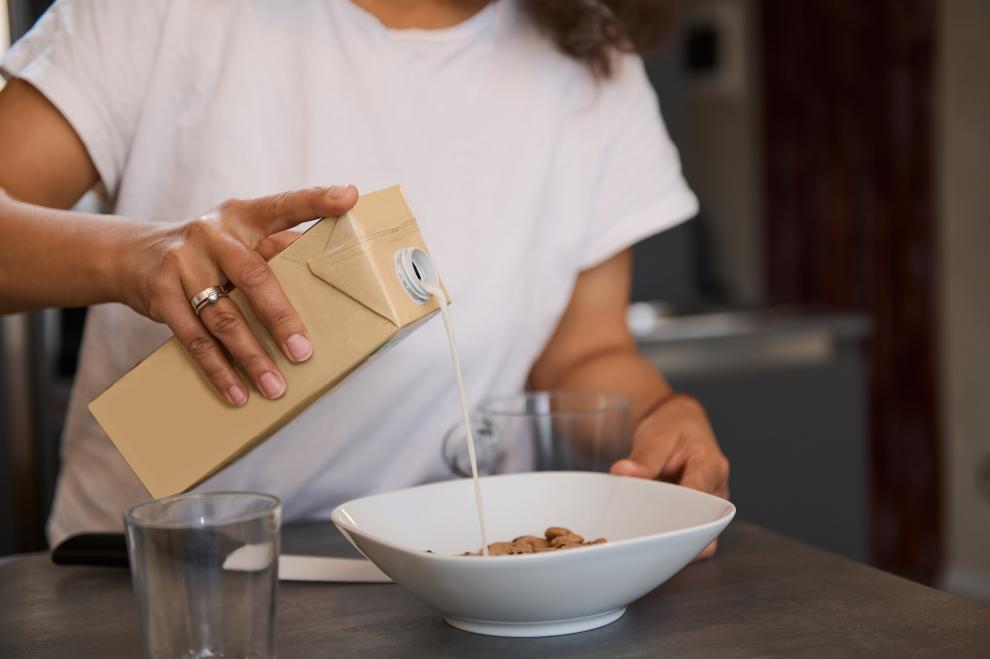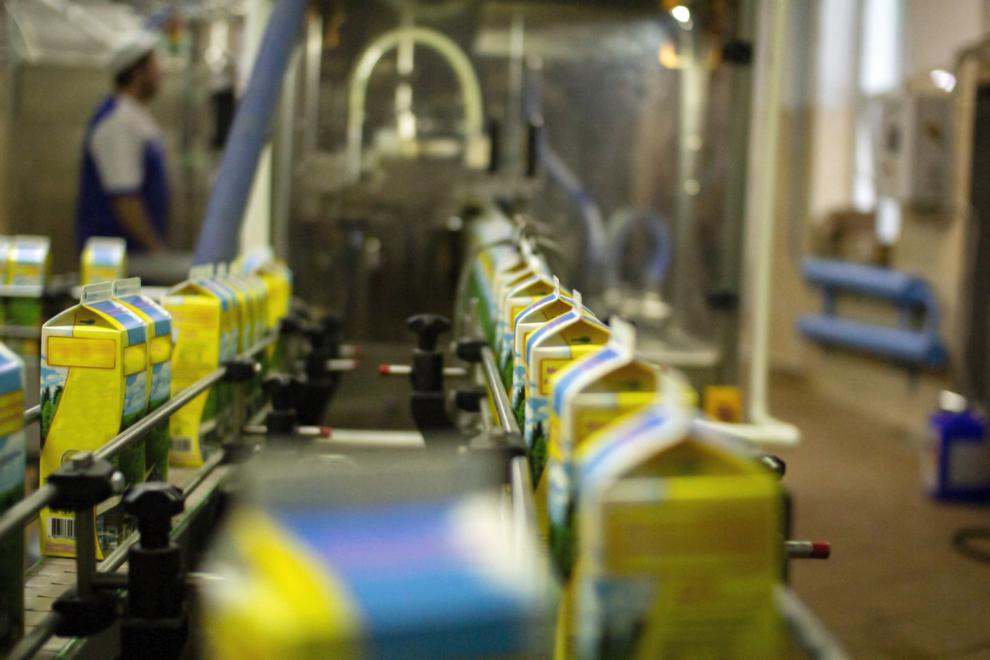Renewability
Renewability is a critical concept in sustainable development, focusing on the use of resources that can be replenished naturally over time, thus reducing long-term environmental impact. In the context of packaging, particularly food and beverage cartons, renewability is integral to the industry's approach to raw material sourcing and environmental stewardship.

Key Figures
- 100% chain of custody ensuring beverage cartons are made from sustainably sourced fibers.
- ~95% of renewable energy is used by the industry for the production of beverage cartons.
Embracing renewability
The food and beverage carton industry is committed to promoting the sustainable use of renewable raw materials, integrating biodiversity considerations into circular economy policies. Sustainable sourcing is essential for reducing environmental impact, and the industry encourages all partners in the value chain to ensure the responsible sourcing of both renewable and non-renewable materials.

A renewable resource
Relying heavily on wood fiber, a renewable resource that makes up around 75% of these cartons, the industry has long prioritized traceability and responsible sourcing. The industry has pledged to source materials solely from sustainably managed forests, ensuring 100% chain-of-custody certification. By 2015, the industry met its voluntary commitment to use wood fibers from legal and certified sources, achieving 100% certification of its manufacturing plants by 2018.
These commitments are verified by external third parties, with progress reports conducted regularly. For example, in 2020, it was confirmed that all manufacturing plants in the industry were chain-of-custody certified, along with the mills and traders supplying Liquid Packaging Board (LPB). The industry has successfully ensured that 100% of its wood fiber is sourced from legal and sustainable sources, reflecting its ongoing commitment to environmental responsibility.
